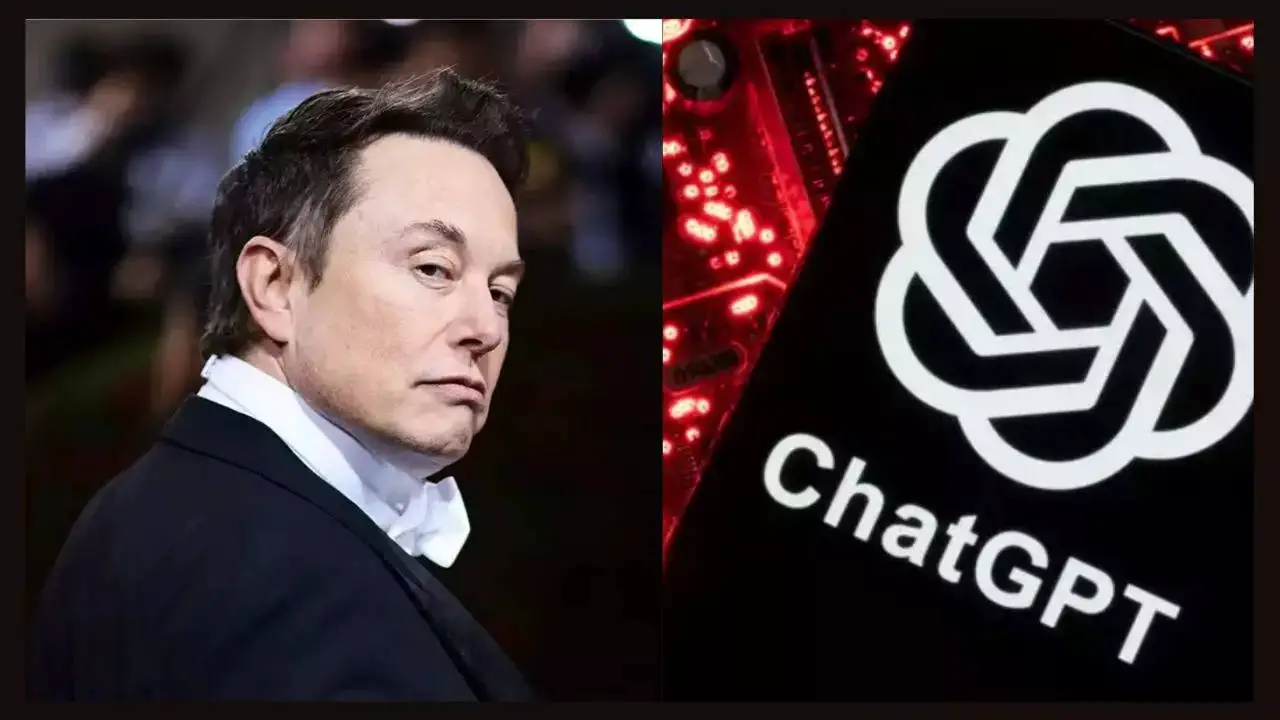Encode, a nonprofit organization known for sponsoring California’s SB 1047 AI safety legislation, is seeking permission to file an amicus brief in support of Elon Musk’s legal efforts to prevent OpenAI from transitioning to a for-profit model. This initiative has drawn significant attention as it raises critical questions about the ethical implications of AI development.
Legal Action Against OpenAI
In a proposed brief submitted to the U.S. District Court for the Northern District of California, Encode's legal counsel argues that OpenAI's shift to a for-profit entity could severely undermine the organization’s original mission: to create transformative technology that prioritizes public safety and benefit.
The brief states, “OpenAI and its CEO, Sam Altman, profess to be developing technology that could transform society, and these assertions deserve serious consideration. If we are indeed nearing an era of artificial general intelligence (AGI), there is a compelling public interest in ensuring that such technology is governed by a nonprofit entity dedicated to safety rather than a profit-driven organization.”
Concerns Over Profit-Driven Priorities
In her statement, Sneha Revanur, Encode’s founder and president, criticized OpenAI for “internalizing the profits of AI while externalizing the consequences to humanity.” She emphasized the necessity for judicial intervention to ensure that AI development remains aligned with the public interest.
Geoffrey Hinton, a pioneer in artificial intelligence and a 2024 Nobel Laureate, supports Encode’s brief. He pointed out that OpenAI was initially established as a nonprofit focused on safety, and any attempt to abandon that foundation could send a troubling message across the tech ecosystem. "OpenAI was founded with a commitment to safety, and it has reaped substantial benefits from its nonprofit status. Allowing it to disregard that commitment could have far-reaching implications," Hinton remarked.
OpenAI’s Structure and Transition Plans
Founded in 2015, OpenAI started as a nonprofit research lab. However, as its projects became increasingly resource-intensive, it adopted a hybrid structure that includes both profit-making and nonprofit elements. Currently, OpenAI's for-profit division operates under a "capped profit" model, which allows a limited profit return for investors and employees while under a nonprofit umbrella.
Recently, OpenAI announced its intentions to transition its for-profit segment into a Delaware Public Benefit Corporation (PBC). This transformation aims to maintain its public mission but will involve the nonprofit ceding some control in exchange for equity in the new structure.
In November, Musk filed a lawsuit seeking an injunction against this transition. He alleges that OpenAI has deviated from its philanthropic ethos, hindering fair competition and limiting access to funding for rival ventures like his own AI startup, xAI. OpenAI has dismissed Musk’s claims as "baseless" and indicative of personal grievances.
Broader Support Against the Transition
Meta, a competitor in the AI space, has also voiced its concerns over OpenAI’s shift. In December, the company communicated with California Attorney General Rob Bonta, arguing that the transition could yield “seismic implications for Silicon Valley.” Additionally, Encode’s lawyers argue that changing OpenAI into a PBC would shift its focus away from a mandated dedication to AI safety toward a balance between public benefit and shareholder profit.
For instance, Encode’s brief highlights OpenAI's previous commitment to refrain from competing with any safety-conscious project working toward AGI. Under a for-profit framework, those incentives could diminish, risking the safety of advanced AI.
Talent Exodus and Ethical Concerns
The ongoing transition has led to a significant outflow of talent from OpenAI, reflecting growing concerns that the organization may place commercial interests above safety. Former employee Miles Brundage, a long-time policy researcher who recently left, expressed fears that OpenAI’s nonprofit arm might become secondary, allowing the PBC to function like any other corporation without addressing critical safety issues.
“The fiduciary responsibilities to humanity would dissipate,” Encode’s brief asserts, referencing Delaware law that does not impose public duties on PBC directors. It further argues that the transition from a mission-oriented nonprofit to a profit-driven enterprise risks public welfare in the development of transformative AI technologies.
A Call for Public Engagement
Founded in July 2020, Encode describes itself as a volunteer network dedicated to amplifying the voices of younger generations in discussions about the implications of AI. The organization has been actively engaged in various AI-related legislations, such as the AI Bill of Rights proposed by the White House and President Biden’s executive order on AI.
Encode’s efforts to advocate for responsible AI development highlight the growing importance of public involvement in shaping the future of artificial intelligence. With organizations like Encode, along with prominent supporters like Geoffrey Hinton, the debate surrounding OpenAI’s transition serves as a crucial case study for the responsible integration of AI into society.
As this legal battle unfolds, the outcomes may not only dictate the future of OpenAI but could also set precedents impacting the broader landscape of AI ethics, regulation, and public accountability.
Conclusion
The ongoing conflict between the nonprofit ethos of AI development and the push for profit-driven models reflects a fundamental challenge in the tech industry. Ensuring that innovations in artificial intelligence serve humanity at large rather than a select few will require vigilant oversight and robust public discourse. As seen in the context of Encode's initiatives and the legal actions led by figures like Musk, engaging in this critical conversation is essential for future generations.
For more insights on the evolving landscape of AI, check out related articles on AI’s Economic Impact, Humanoid Robotics Developments, and AI-Driven Creative Tools. Stay informed and ready to participate in these vital discussions shaping the future of artificial intelligence.
